Competition benefits everyone; businesses, consumers and the global economy as a whole. It encourages businesses to compete for customers and to innovate to differentiate themselves from their competitors. Through competition, consumers (both individuals and businesses) benefit from cheaper prices, greater choice, and better quality products and services.
In order for competition to be effective, businesses are prohibited from entering into anti-competitive agreements or concerted practices with others by competition law.
In Australia, the Australian Competition and Consumer Commission (ACCC) is responsible for enforcing competition law, which is set out in the Competition and Consumer Act 2010. The penalties for breaching competition law are severe: at the most serious end of the spectrum, a company caught participating in a cartel might be fined $10 million and its officers imprisoned.
The ACCC has put businesses on notice as it sees stronger penalties as the key to changing corporate culture. For a business, a competition law investigation would be a major drain on management time, the resulting loss of shareholder value, and possible third party damages claims.
What constitutes anti-competitive conduct?
Competition law prohibits businesses from entering into anti-competitive agreements or concerted practices with others. It applies not only to formal agreements but also to any sort of informal arrangement between businesses, written or verbal, which has an anti-competitive object or effect.
Certain types of behaviour are expressly prohibited by competition law, including agreements which:
- Fix prices
- Limit or control production or markets
- Share markets or sources of supply
- Apply different conditions to equivalent transactions with other trading parties thereby placing them at a competitive disadvantage
- Misuse market power – you’re permitted to have market power but are expressly prohibited from taking advantage of it unfairly
Cartels – risky business
A cartel, where two or more businesses agree not to compete with each other, is the most serious form of anti-competitive behaviour and can result in increased prices, lower quality products and narrower choice for consumers.
Cartels include:
- Agreements between competitors to fix prices for goods and services, including agreements with competitors on discounts
- Market-sharing, where competitors divide up locations or customers among themselves
- Controlling the amount of goods or services being supplied in order to keep prices higher
- Rigging bids among competitors in order to guarantee that one person or company in particular wins the contract
What to look for
There are several signs to look for, such as competitors exchanging confidential pricing or sensitive information – or even agreeing to price or discount products in a certain way. One distinctive sign can be the use of similar phrases or explanations by competitors when price changes are announced.
Refusal to provide quotes (or providing unusually high quotes) to customers might be worth noting – as well as restrictions on output reducing the quantity of desirable goods available to consumers, which in turn keeps prices high.
Compliance & risk management
A competition law compliance programme is a way your business can strive to have the right measures in place and can form part of your company’s overall risk management. It should be evident from the top levels of management down through all levels within the organisation.
Your compliance programme will depend on the structure and conditions of the market you are operating in and the size and structure of your business. It doesn’t need to be costly but should be implemented fully, with proper training for staff and reviewed regularly.
How can you make sure your business doesn’t put itself at risk?
Mind your own business
Make all pricing decisions independently of competitors.
Encourage a culture of compliance in your business – from the top levels of management down through all levels within the organisation. A competition law compliance programme is a way your business can strive to have the right measures in place. Once staff are trained they will also be able to spot instances where your firm is a potential victim of anti-competitive practice.
Use caution in all communication with competitors
Keep proper records of all contact with competitors and if you must hold meetings with them, do so strictly in accordance with an agenda that is pre-approved by the compliance officer in your company and keep discussions to the point.
Be aware that discussing pricing, customers and markets, or levels of production and supply in informal meetings or social events can also mean you are breaking the law.
Be careful which types of agreements you get into
Be aware that certain types of agreements with competitors – agreements regarding price, for example, or conditions or levels of production and supply – even if not recorded in writing, could amount to a criminal offence.
Agreements not to compete for certain customers or in a particular product or geographic area are forbidden, as are agreements to submit pre-arranged separate bids or tenders, agreeing not to submit or to withdraw a bid or tender.
Seek legal advice
A reliable way to ascertain you’re making informed choices is to seek legal advice before entering into any arrangements with your competitors.
If you have information about people fixing prices, rigging bids or colluding on tenders – you may be able to approach the ACCC for immunity.
Peripheral Blue has particular expertise in advising on competition law, so feel free to contact us for competition law advice or if you need help preparing a competition law compliance policy or training materials for your business.
Products & Services
1300 774 788
service@peripheralblue.com.au
Suite 17, 116-120 Melbourne St, Nth Adelaide, SA 5006
© 2023 Peripheral Blue | All Rights Reserved | ABN 61855198272 Privacy Policy | Terms & Conditions
Products & Services
1300 774 788
service@peripheralblue.com.au
Suite 17, 116-120 Melbourne St, Nth Adelaide, SA 5006
© 2023 Peripheral Blue | All Rights Reserved
ABN 61855198272

